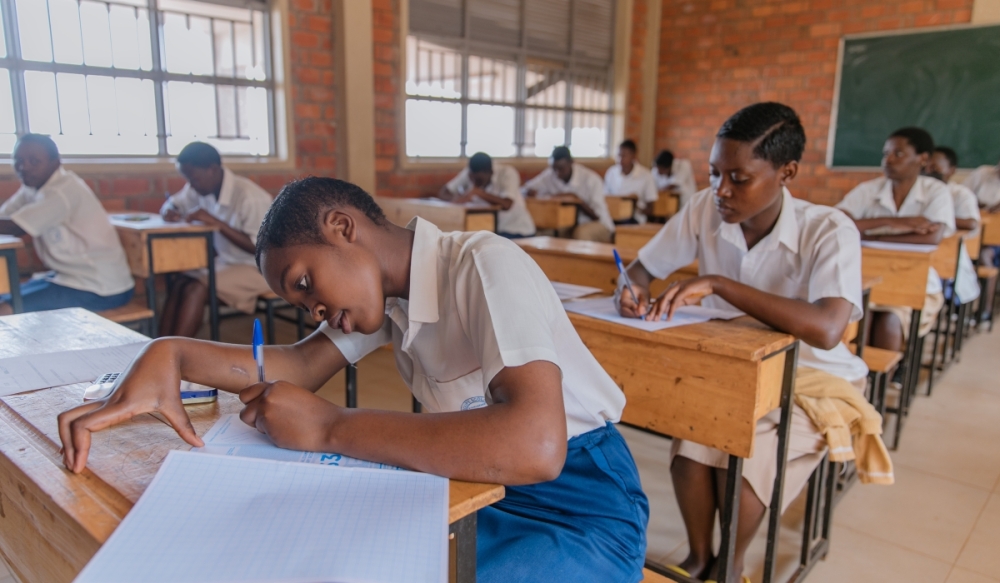Science students appearing in the national exams will now face a significant shift in their assessment approach, as the government replaces conventional practical exams with theoretical alternatives. This change aims to level the playing field for students from various educational backgrounds.
Read More: Unlocking Africa’s Human Capital Potential – A Path to Prosperity
According to Bernard Bahati, the Director-General of the National Examination and School Inspection Authority (NESA), the new approach involves practical examination sessions that do not require the use of apparatus. Instead, students will showcase their practical knowledge through theoretical demonstrations on paper.
In the new exam format, students will be presented with practical scenarios in the traditional examination hall. Rather than physically conducting experiments, they will be required to apply their cognitive skills and respond in writing based on given instructions. The examination will carry equal weight as the practical session, ensuring that no student is disadvantaged due to a lack of proper lab facilities.
Read More: The Business of AI in Africa –Unlocking Opportunities for Innovation
Bahati reassured that NESA views this approach as an interim solution and addressed concerns about its feasibility. He pointed out that developed countries are already implementing alternative methods to science practical exams, such as virtual labs and virtual environments.
However, in less developed countries like Rwanda, alternative methods, such as practical reports and project-based learning, are being utilized, leveraging real-world data sets.
It’s important to note that in Rwandan schools, the use of alternatives to science practical exams is not entirely new. Schools have been evaluating students’ practical knowledge during end-of-term exams when they lack appropriate science labs and equipment. Traditional science practical exams were administered to students from schools with the necessary facilities, while alternative practical exams were given to students from schools without such resources.
Read More: Accelerating Africa’s Digital Economy – Strength in Community
The move towards theoretical exams and the exploration of innovative assessment methods signify a commitment to advancing science education in Rwanda while ensuring fairness and equal opportunities for all students.





